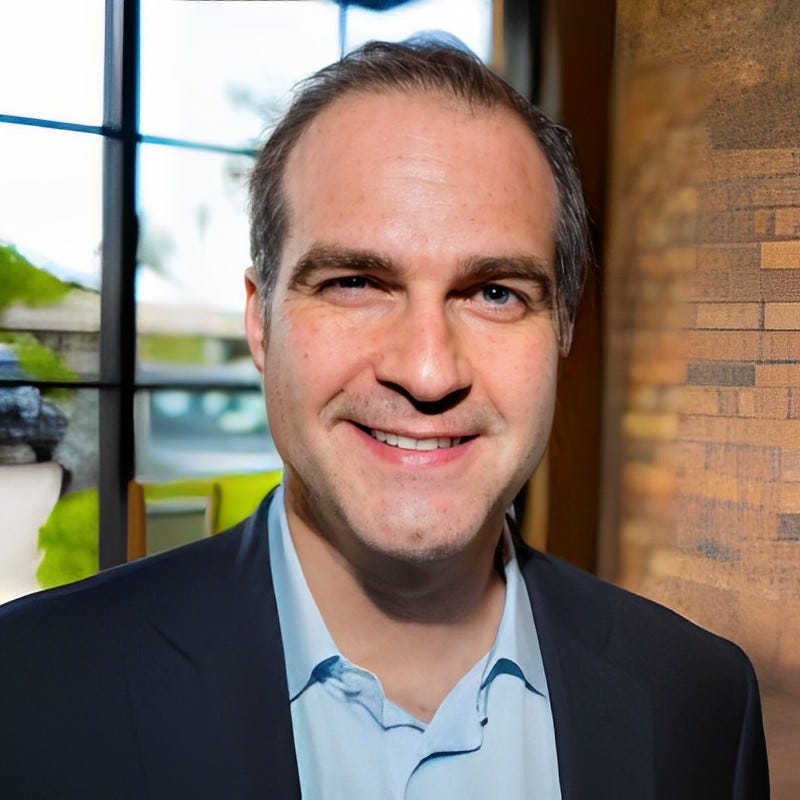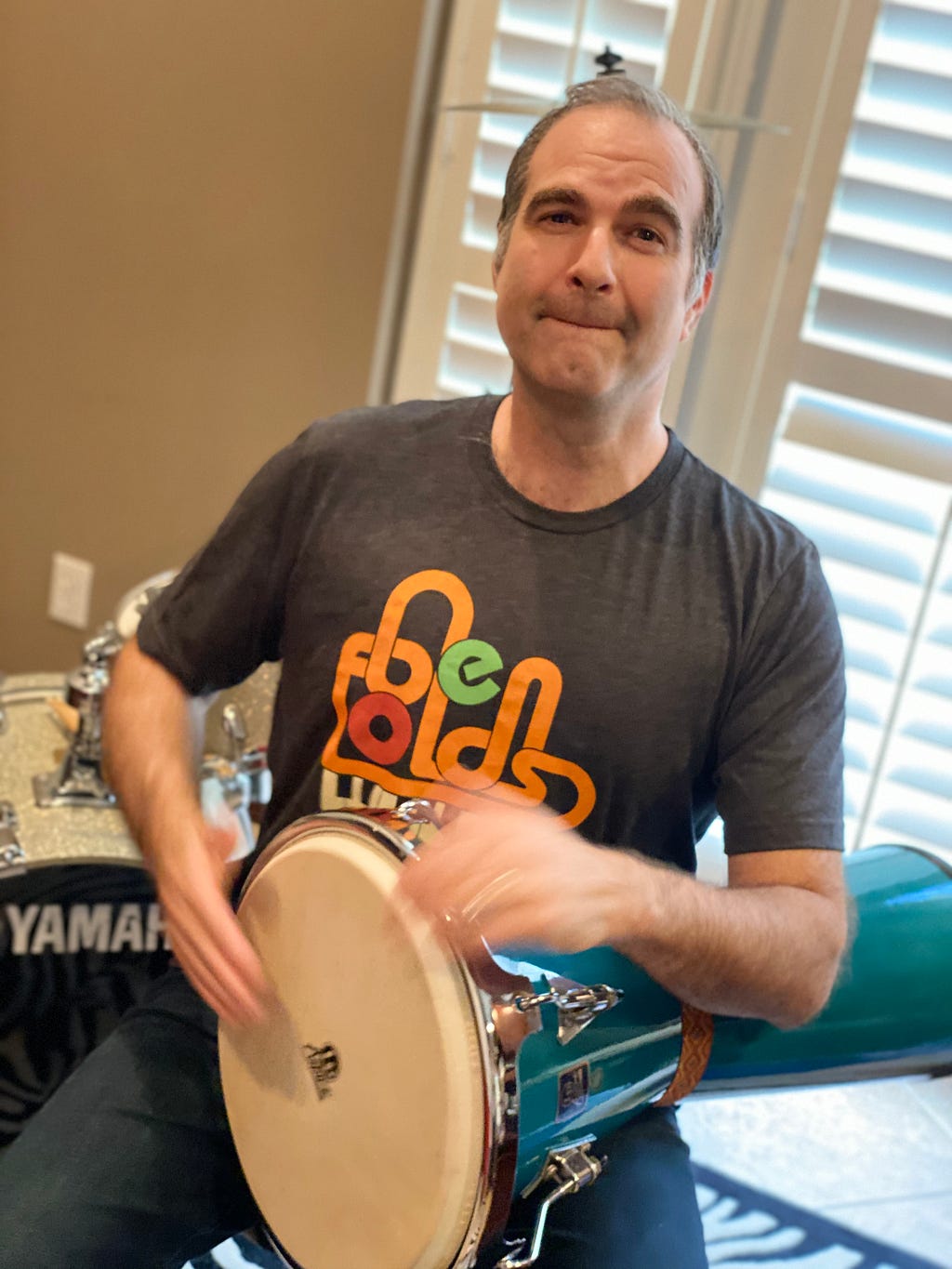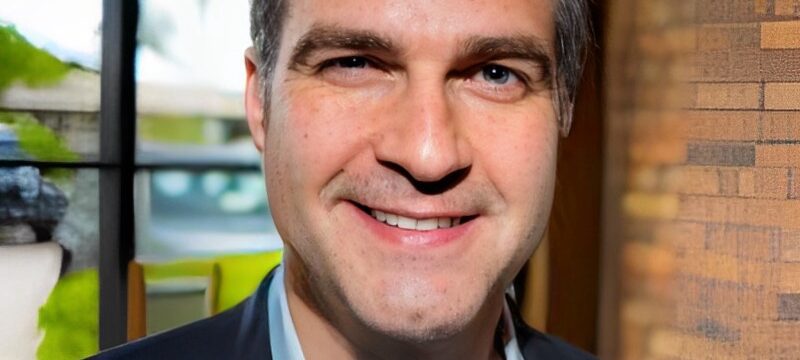Louis Carter of Most Loved Workplace: Five Things You Need to Be a Highly Effective Leader During Uncertain & Turbulent Times

Empathy — I worked with someone who I didn’t realize was so offended by a task; I had another employee who pushed the employee’s buttons. As a result, the employee did something that hurt me and my company. My reaction? I had empathy and surrendered. The last thing you want to do is to hurt someone who has already been hurt.
As a part of our series about creating a successful career in the music industry, I had the distinct pleasure of interviewing Louis Carter.
Louis Carter, MA, is founder and CEO of Most Loved Workplace® , Best Practice Institute, Results Based Culture, workplacely.com and the author of more than 10 books on best practices in leadership and management. He is voted as one of Global Gurus Top 10 Organizational Culture gurus in the world and is one of the top advisers to C-level executives, helping them and their organizations achieve measurable results. His newest book is “In Great Company: How to Spark Peak Performance by Creating an Emotionally Connected Workplace.” Louis Carter is known for creating the full system programs in leadership development, starting with his first book with Warren Bennis, “Best Practices in Leadership Development,” which profiled 12 Fortune 500 organizations and their leadership development programs including Bose, Imasco, Abbott, Colgate-Palmolive, and more. He is a partner with Newsweek in publishing the Top 100 Most Loved Workplaces and runs a separate BPI-branded entity to provide benchmarking and data insights to Most Loved Workplace® companies.
Thank you so much for your time! I know that you are a very busy person. Our readers would love to “get to know you” a bit better. Can you tell us a bit about your ‘backstory’ and how you got started?
I had just graduated from college and was working for CAP Gemini in its computer, consumer electronics, content and communications division, but I found the working environment and culture of that division very difficult to break into. Being young and inexperienced, I really needed a good mentor to help me adapt and fit in, but I didn’t get one and felt lost. After some tough experiences that discouraged me, I left and took a job with Linkage Incorporated.
At Linkage I found a job that I loved and a team that made me feel supported and valued. Linkage is an HR and workplace solutions consulting firm, and I worked doing research, developing learning & training products and writing books for their clients. There I met and worked with Francis Esselbein, David Ulrich, Peter Senge, Chris Argyris, Warren Bennis. They are all legends in the HR and workplace field and taught me so much.
What made things work so well was my boss at Linkage let me create my own job. I was super ambitious and pursued it aggressively. I developed friendships with all the salespeople there and even formed my own band together with co-workers. I didn’t know how to work my way through the dysfunction of my first job and its workplace environment and culture, but with the help of my wonderful co-workers and leaders at Linkage, I eventually gained that skill.
I was inspired by the entrepreneurial spirit of Linkage and decided to leave to create my own company — the Best Practice Institute (BPI). At the same time, I returned to school — Columbia University — and earned a master’s in industrial and organizational psychology.
During this time the tragedy of 9/11 occurred. That was a demarcation point — it gave me the “why” for what I was doing. It might not have been the obvious thing to do, but I went out and started a drum circle in Manhattan during that time. It became a way for me and others to work through our pain, to let it go. It also served on some level as a human interaction lab where I learned volumes about people. The drum circle showed me that people need love, acceptance and support to thrive in the workplace. So, I called a connection of mine, Joe Bonito, a senior executive at Pfizer, and asked him to join the senior executive board of the Best Practice Institute. He accepted and helped me contact other leaders, mostly chief human resources officers, who also joined the board. We did some amazing work for the UN Global Compact, the Army War College, and others.
When the COVID-19 pandemic hit, I was presented with a serious issue: I ran what essentially was an events business, and we couldn’t hold events in the pandemic. So, with the help of amazing friends like Ray Williams, the CEO of Springville Clinic, I found a way forward. I’m Ray’s strategic advisor and coach, but he gave me strength and belief in myself to jump and pivot and get Hank Gilman, the former editorial director at Newsweek, to feature our MLW list. I’ve been friends with Hank since 1998; he’s a great mentor. We had been talking about the concept of MLW for more than 20 years. He loved the book and believed in the concept. I was already certifying companies at that point and proposed the idea of Newsweek featuring MLW. The MLW list helped Newsweek generate the greatest number of impressions and the most engagement of any other feature the publication had ever run. It all happened through great relationships.
It has been said that our mistakes can be our greatest teachers. Can you share a story about the funniest mistake you made when you were first starting? Can you tell us what lesson you learned from that?
The tragedy of 9/11 was a demarcation point for me — it gave me the “why” for what I was doing. It might not have been the obvious thing to do, but I went out and started a drum circle in Manhattan during that time. It became a way for me and others to work through our pain, to let it go. It also served on some level as a human interaction lab where I learned volumes about people. The drum circle showed me that people need love, acceptance, and support to thrive in the workplace. Excited with what I was learning, I called a connection of mine, Joe Bonito, a senior executive at Pfizer, and asked him to give me a job as the director of leadership development. He laughed and said no, but he kept talking to me. My mistake was not understanding how outlandish my request was. Eventually he expressed interest in what I was doing with my Best Practice Institute and agreed to join the senior executive board of the organization. It was a mistake to ask him for the job, but that mistake was vital to my career. He helped me contact other leaders, many of whom were chief human resources officers at very influential companies, who also joined the board.
None of us are able to achieve success without some help along the way. Is there a particular person who you are grateful towards who helped get you to where you are? Can you share a story?
Ray Williams, CEO Springville Clinic, has been a huge influence. I lead differently, treat others differently, and approach problems differently because of him. I’m his coach and advisor, but I’ve learned so much from him. Everything in my career is different because of Ray.
Extensive research suggests that “purpose-driven businesses” are more successful in many areas. When your organization started, what was its vision, what was its purpose?
Our mission was to be executives who are dedicated to transforming themselves and their organization through best practices. Our vision and or purpose was to create a world of work where everyone wins.
Did you ever consider giving up? Where did you get the motivation to continue through your challenges? What sustains your drive?
I love Winston Churchill’s quote: “…never give in, never give in, never, never, never, never-in nothing, great or small, large or petty — never give in except to convictions of honour and good sense.” I believe the will to keep going is a choice. There are way too many people in my life that depend on me, and I can’t let down.
I’m an author and I believe that books have the power to change lives. Do you have a book in your life that impacted you and inspired you to be an effective leader? Can you share a story?
“The Alchemist” by Paul Coelho. The main character went away to find his fortune only to find that his fortune was back home. You don’t have to go on this literal to find yourself and your “must do’s” — it’s right in front of you. Everything you need is with the people right in front of you, the help you need is there you just have to reach out for it.
What would you say is the most critical role of a leader during challenging times?
Giving solid and clear direction. I learned this from the book, “It’s Your Ship,” by Michael Abrashoff.
When the future seems so uncertain, what is the best way to boost morale? What can a leader do to inspire, motivate and engage their team?
Organizational development which is really a plan by your team to solve a singular issue or challenge together. They become the designers and facilitators of their own future.
What is the best way to communicate difficult news to one’s team and customers?
Put yourselves in the shoes of those you are talking to and use truth and heart.
How can a leader make plans when the future is so unpredictable?
Assume positive intent and then forge ahead in doing forecasting work. If you had certain type of business last year, think about variables and create contingencies for next year.
Is there a “number one principle” that can help guide a company through the ups and downs of turbulent times?
There is no one principle. Every company and situation is complex and unique. If I had to say one thing, I might say do your homework and be a good listener before just diving in. It’s impossible to face a challenge or create a solution otherwise.
Can you share 3 or 4 of the most common mistakes you have seen other businesses make during difficult times? What should one keep in mind to avoid that?
This question makes me think of the play, “Waiting for Godot”. Don’t wait, don’t rest on cultural laurels. You have a greater purpose. To stay mundane and not be that shining star means you are going to go stale and dry up. Circuit City and Blockbuster are examples. You can’t win by trying not to lose.

Here is the primary question of our discussion. Based on your experience and success, what are the five most important things a business leader should do to lead effectively during uncertain and turbulent times? Please share a story or an example for each.
1. Empathy — I worked with someone who I didn’t realize was so offended by a task; I had another employee who pushed the employee’s buttons. As a result, the employee did something that hurt me and my company. My reaction? I had empathy and surrendered. The last thing you want to do is to hurt someone who has already been hurt.
2. Let It Go — Don’t hold on to resentment or grudges. If I’m not careful, things stay with me and fester. I work really hard to avoid this because it’s so damaging and unhealthy.
3. Financial Planning — Do your forecasting and budgeting at beginning of year and go hire the talent and find the resources you need.
4. Scenario Planning — think of the short term and long-term possibilities and how decisions will impact you and people around you, such as financial hardship. Define what you can do in short term to offset such possibilities.
5. Secure an Awesome Team — get people you respect, people who are smarter and better than you at what they do. Hire them and let them do what they need to do and get out of their way.
Can you please give us your favorite “Life Lesson Quote”? Can you share how that was relevant to you in your life?
Frances Hesselbein, former CEO of Girl Scouts of America, recipient of the Presidential Medal of Freedom, and winner of the BPI Lifetime Achievement Award, said to me, “Be careful of your thoughts for they’ll become your words. Be careful of your words for they’ll become your actions. Be careful of your actions for they will become your destiny.”
How can our readers further follow your work?
This was very meaningful, thank you so much! We wish you continued success!
Louis Carter of Most Loved Workplace: Five Things You Need to Be a Highly Effective Leader During… was originally published in Authority Magazine on Medium, where people are continuing the conversation by highlighting and responding to this story.
